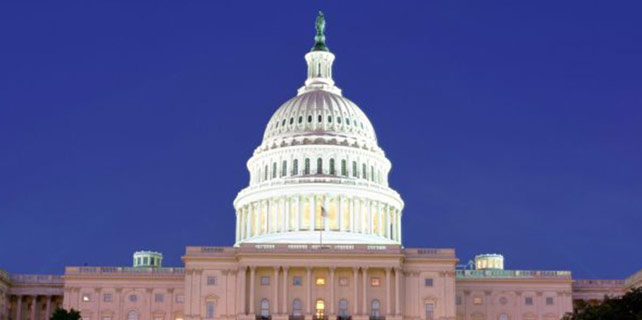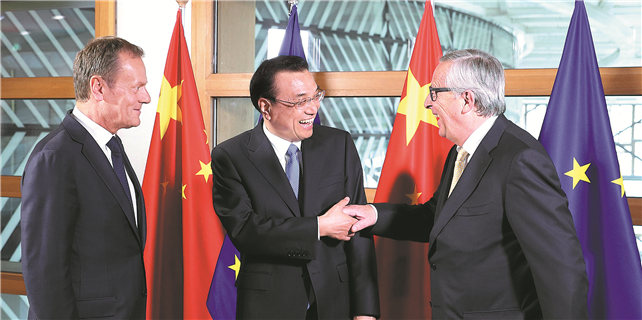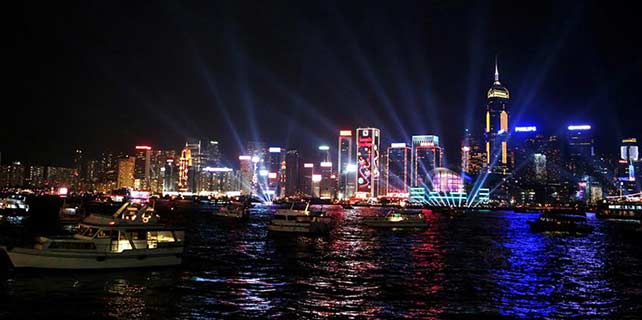EU can take landmark step
During a joint news conference with visiting Premier Li Keqiang, German Chancellor Angela Merkel said that Germany believes the European Union should fulfill its World Trade Organization obligations and be committed to seeking a solution program that accords with WTO rules and shows no discrimination against China.
As an influential leader within the EU, Merkel's attitude may hint at the possibility of the EU recognizing China's full market economy status, which, if realized, will considerably boost China's foreign trade. Fifteen years after its accession to the WTO, China should have been recognized as a market economy under Article 15 of China's WTO Accession Protocol. However, the United States, Japan and the EU have so far declined to do so, a stance that partially reflects the ever-growing protectionist sentiments in developed countries and their desire to protect their own uncompetitive industries in the context of their weak economic recoveries after the global financial crisis.
Such a practice will do no good to developed countries in the long run. The sooner they recognize China as a market economy, the more benefits they will gain from trade with China.
Merkel's attitude might be because she wants a different approach to that of the US following US President Donald Trump's recent critical remarks on Germany and his announcement to withdraw the US from the Paris climate change accord, but it may also be because she hopes to gain more support from China on global political, economic and climate change issues.
Given that Trump has brought huge uncertainties to global affairs, there is a need for China and the EU to strengthen cooperation to resist global protectionism and intensify their cooperation on climate change issues. To recognize China as a full market economy will undoubtedly be a landmark event in Sino-EU cooperation that is of far-reaching significance. It is hoped Merkel and other EU leaders can take practical measures toward this goal.
















